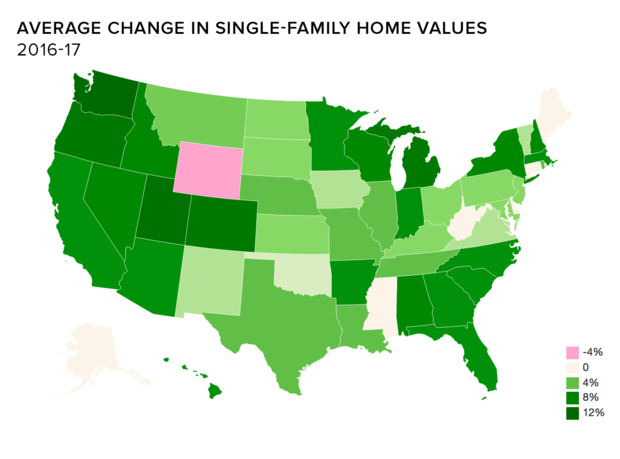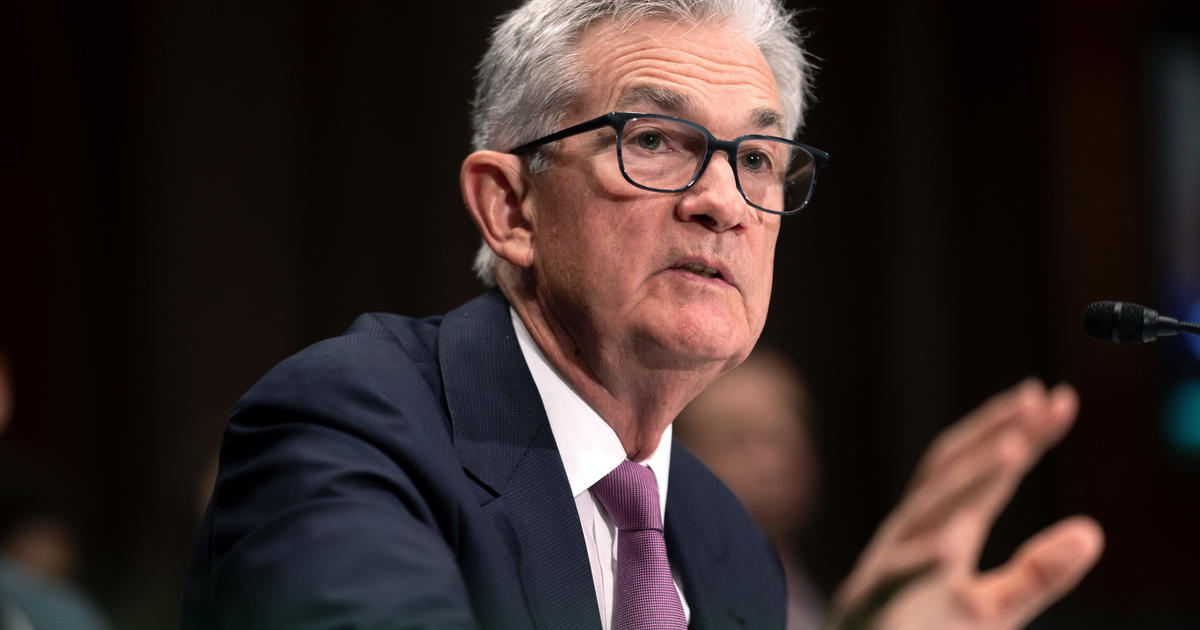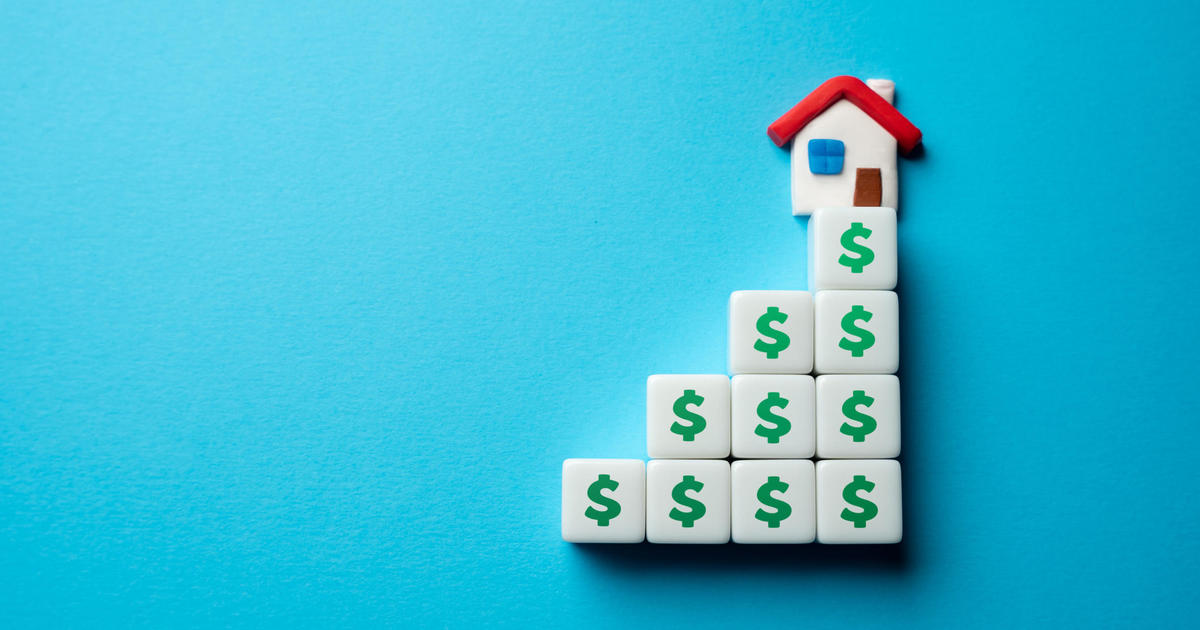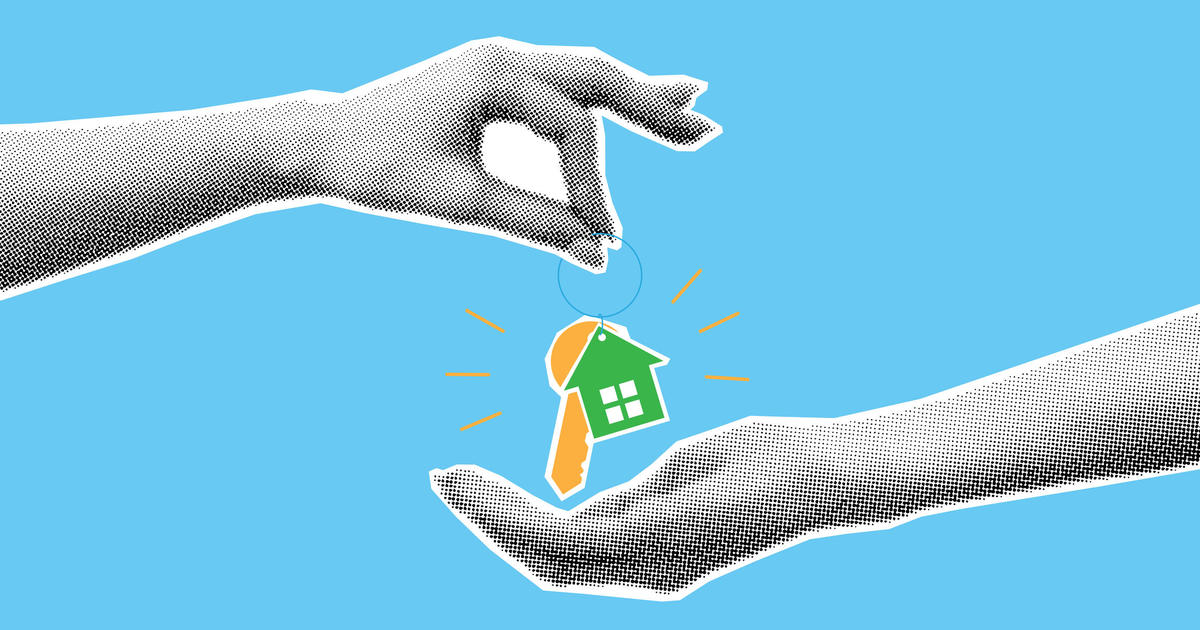Friendly chatter on Facebook could be behind our current housing bubble
In an otherwise low-inflation economy, soaring housing costs have been a rare source of heat -- and boy, are they burning.
Nationwide, the average cost of a single-family home rose nearly 7 percent in the 12 months ended April 30, according to the CoreLogic home price index. They're expected to spike another 6 percent this year, by one analysis. That's growth at three times the rate of inflation, and more than double the rate at which Americans' wages are growing.
Yes, the supply of single-family homes, relative to people, is very low.
But there could be another culprit: your Facebook friends.
A paper from four economists demonstrates that interactions with distant friends who are seeing high increases in home prices makes people more likely to buy real estate. Furthermore, they are slightly more likely to buy bigger houses and to pay more for them.
The paper's authors -- NYU professors Theresa Kuchler and Johannes Stroebel; Ruiqing Cao, a graduate student at Harvard, and Michael Bailey, an economist at Facebook -- reached their conclusions by analyzing more than 1,200 Facebook accounts in Los Angeles County, noting their interactions with far-flung friends and matching those users, on an anonymized basis, to property transaction records.
They found that a renter whose friends report housing price increases that are 5 percentage points higher than average is herself 3.1 percent more likely to buy a house. She is likely to pay 3.3 percent more for it than otherwise, and it will be 1.7 percent larger, the paper found.
A 3 percent increase doesn't seem like much, but it's actually a signifiant number. For perspective, having a child -- one of the strongest factors in homeownership -- is only twice as likely to make a renter buy as talking with friends blessed with property values, according to CNBC.
The reverse is also true, NYU's Kuchler explained. "Talking to your friends affects your beliefs about housing market investments in the direction of your friends' experiences (so it's not always in the direction of being willing to pay more)," she wrote. "[I]f you talk a lot to friends who live in areas where house prices have been more stable and not going up and who have therefore experienced relatively smaller house price increases, you are relatively less willing to spend lots on real estate."
It's particularly striking that the effects hold across distant geographies -- which the researchers demonstrated by excluding interactions between friends living close to each other.
"If two regions are strongly connected through friendship networks, then if house prices in one region go up for whatever reasons, individuals living in the connected region will hear about this," Kuchler said. Those optimistic individuals will be more likely to buy, and "as a result, house prices in the connected region might also go up," she said.
In this way, a housing boom in, say, Silicon Valley can lead to housing appreciation in Spokane, Washington, through friendship connections, independent of whatever might actually be happening in the Spokane housing market.
It would be wrong to blame Facebook for this effect -- Kuchler noted that the influence comes from the social relationship between people, not the medium in which they interact. And as the authors themselves note, the idea that investors respond to gossip and socializing has been around since at least the mid-1980s.
But this paper adds to the body of of evidence that humans are often terrible at making complex decisions. In everything from what product to buy to how much to put away for retirement, people are strongly influenced by peer pressure.
That makes sense given the complexity of decisions people typically deal with, said Saurabh Bhargava, assistant professor of economics and social and decision sciences at Carnegie Mellon University.
"Those are sometimes necessary strategies to deal with the complexity and the volume of decisions we have to make, but in a lot of cases they can lead to financially problematic decisions," he said.




